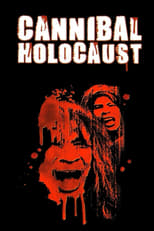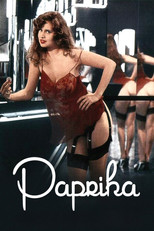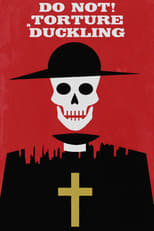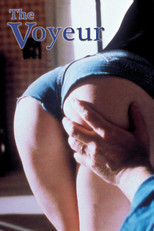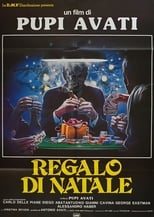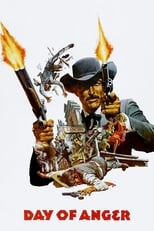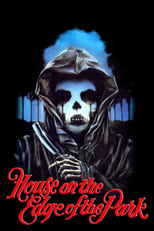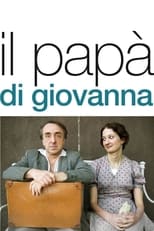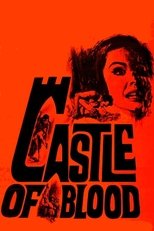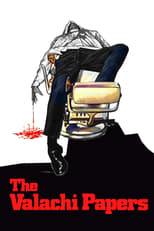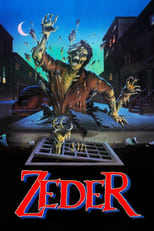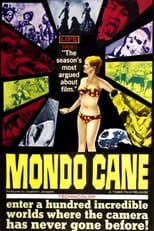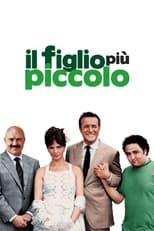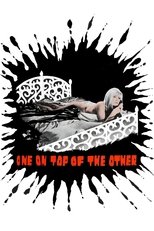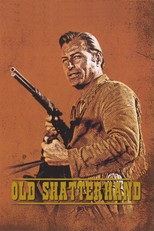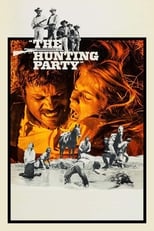Riz Ortolani
¿Quién es Riz Ortolani?
Ortolani was born on 25 March 1926 in Pesaro, Italy. He was the youngest of six children. Ortolani's father, a postal worker, gave his son a violin at age 4. Ortolani later switched to flute after injuring his elbow in a car accident. He studied at the Conservatorio Statale di Musica "Gioachino Rossini" in his hometown of Pesaro before moving to Rome in 1948 and finding work with the RAI orchestra. Though the chronology is unclear, he also likely served as a musician in the Italian Air Force orchestra, formed a Jazz ensemble, and came to the United States as a Jazz musician in Hollywood, all before scoring his first film.
Ortolani married Katyna Ranieri in 1956.
In the early 1950s, Ortolani was founder and member of a well-known Italian jazz band. One of his early film scores was for Paolo Cavara and Gualtiero Jacopetti's 1962 pseudo-documentary Mondo Cane, whose main title-song More earned him a Grammy and was also nominated for an Oscar as Best Song. The success of the soundtrack of Mondo Cane led Ortolani to score films in England and the United States such as The Yellow Rolls-Royce (1964), The Spy with a Cold Nose (1966), The Biggest Bundle of Them All (1968) and Buona Sera, Mrs. Campbell (1968). He also scored the 1972 film The Valachi Papers, directed by Terence Young and starring Charles Bronson.
Ortolani scored all or parts of over 200 films, including German westerns like Old Shatterhand (1964) and a long series of Italian giallos, Spaghetti Westerns, Eurospy films, Exploitation films and mondo films. These include Il Sorpasso (1962), Castle of Blood (1964), Africa Addio (1966), Day of Anger (1967), Anzio (1968), The McKenzie Break (1970), The Hunting Party (1971), A Reason to Live, a Reason to Die (1972), Seven Blood-Stained Orchids (1972), The Fifth Musketeer (1979), From Hell to Victory (1979), the controversial Ruggero Deodato films Cannibal Holocaust (1980) and The House on the Edge of the Park (1980), and the first series of La piovra (1984). In later years he scored many films for Italian director Pupi Avati.
His music was used on soundtracks for Grand Theft Auto: London 1969 (1999), Kill Bill: Volume 1 (2003), Kill Bill: Volume 2 (2004), Drive (2011) and Django Unchained (2012).
In 2013, he was awarded the Lifetime Achievement Award from the World Soundtrack Academy.
Ortolani died on 23 January 2014 in Rome, aged 87.
Source: Article "Riz Ortolani" from Wikipedia in English, licensed under CC-BY-SA 3.0.
Trabajos destacados
Géneros más habituales en las películas de Riz Ortolani
Géneros más habituales en las series de Riz Ortolani
Compañeros de trabajo recientes de Riz Ortolani
Las imágenes y retratos de actores o actrices mostrados en este sitio web son obtenidos de la base de datos de The Movie Database (TMDB). En el caso de que alguna imagen o fotografía sea incorrecta, ofensiva o infrinja derechos de imagen, puede ser editada o eliminada de TMDB, lo que resultará en su eliminación correspondiente en este sitio. En última instancia, los usuarios también pueden utilizar el formulario de contacto ubicado al pie de la página para solicitar la corrección o eliminación de cualquier contenido.
The images and portraits of actors or actresses displayed on this website are sourced from The Movie Database (TMDB). In the event that any image or photograph is incorrect, offensive, or violates image rights, it can be edited or removed from TMDB, subsequently ceasing its display on this site. As a final recourse, users may also utilize the contact form located at the bottom of the page to request the correction or removal of any content.
